The Montezuma Audubon Center is partnering with with Corn Hill Navigation to lead birding tours along the Erie Canal!
Take a tour this summer aboard the Sam Patch Tour Boat in Pittsford, NY where nearly 100 bird species can be seen including the Great Blue Heron, Baltimore Oriole, Belted Kingfisher, Green Heron and more. This is a very popular event, the August dates are sold out but there are still dates in September.
Sam Patch to lead this new and unique series of cruises for all types of birders – experienced, novice, and just curious. Participants are encouraged to bring their own binoculars, though a limited supply of sanitized binoculars will be available for individual use during the cruise. Face masks are required while on board.
You can reserve your seat here. Click here to reserve your seat today!
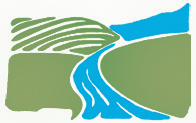
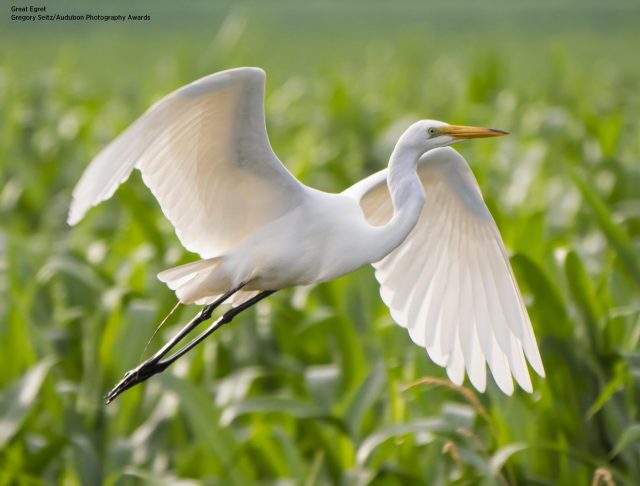


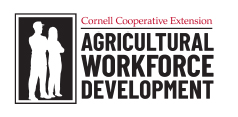

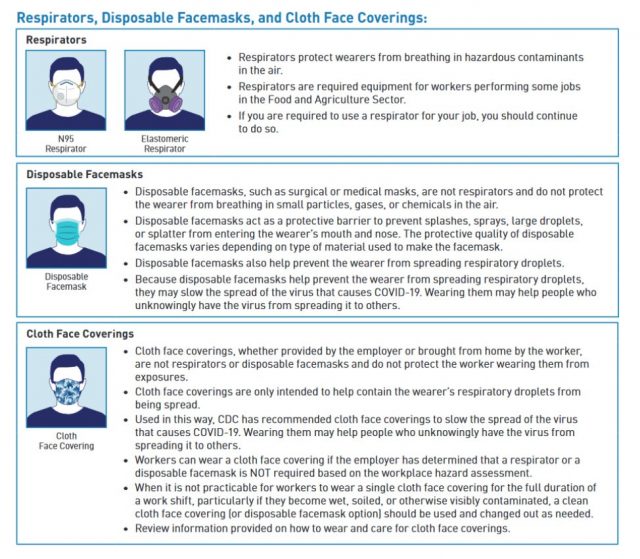
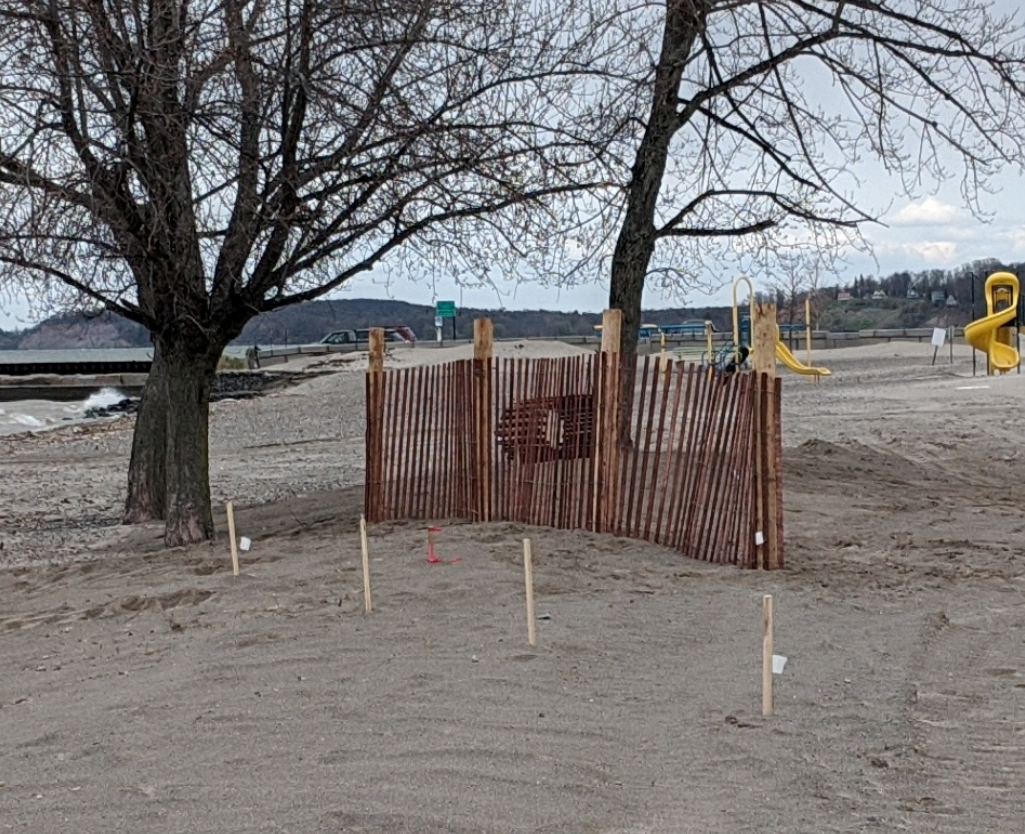 As part of the Lake Ontario REDI project, the Village of Sodus Point, located in Wayne County is presently beginning a beach nourishment project to build dunes for natural shoreline protection. This Friday & Saturday there are volunteer opportunities six feet apart to plant dune grass. Families are encouraged as they can work in a group. You must wear a facemask for protection. Groups will be spaced apart. Registration is required.
As part of the Lake Ontario REDI project, the Village of Sodus Point, located in Wayne County is presently beginning a beach nourishment project to build dunes for natural shoreline protection. This Friday & Saturday there are volunteer opportunities six feet apart to plant dune grass. Families are encouraged as they can work in a group. You must wear a facemask for protection. Groups will be spaced apart. Registration is required.